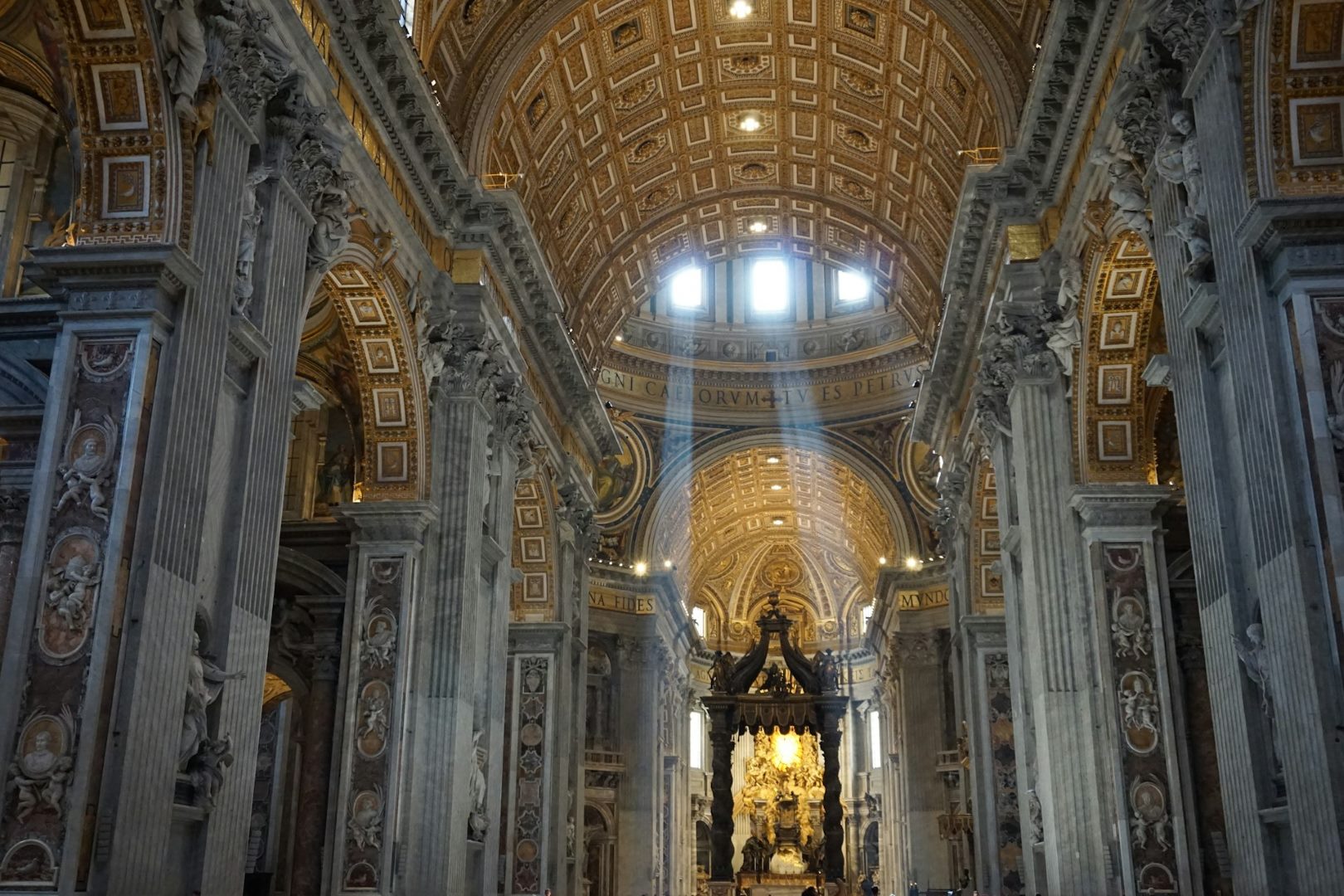Welcome to our comprehensive guide to Assumption Catholic Church, where we unveil the rich history, deep-rooted beliefs, and diverse practices that define this revered institution.
History of Assumption Catholic Church
Assumption Catholic Church traces its origins back to the 19th century. Here are key milestones in its historical journey:
- 1795: A small chapel is established in the area by Spanish missionaries.
- 1853: The cornerstone of the first Assumption Church is laid.
- 1895: The original church is destroyed by fire, and a larger structure is built in its place.
- 1951: The current Assumption Church building is dedicated.
Key Figures in the Church’s History
Several influential individuals have played a pivotal role in shaping Assumption Catholic Church:
- Father John Baptist de la Cruz: Founding pastor and instrumental in establishing the first church.
- Father Michael Shalloe: Oversee the construction of the current church building.
- Cardinal James Hickey: Served as the pastor from 1965 to 1972, later became the Archbishop of Washington, D.C.
Beliefs of Assumption Catholic Church
Assumption Catholic Church adheres to the core beliefs of the Roman Catholic faith. These include:
The Holy Trinity
The belief in one God who exists as three persons: the Father, the Son (Jesus Christ), and the Holy Spirit.
The Incarnation
The belief that Jesus Christ, the Son of God, became flesh and dwelt among us.
The Eucharist
The belief that the bread and wine consecrated at Mass truly become the Body and Blood of Christ.
The Assumption of Mary
The belief that Mary, the mother of Jesus, was bodily taken into heaven at the end of her earthly life.
Practices of Assumption Catholic Church
Assumption Catholic Church engages in a variety of practices rooted in its beliefs. These include:
Mass
A central liturgical celebration where the congregation gathers to worship God, receive Holy Communion, and hear the Word of God.
Penance and Reconciliation
A sacrament where individuals confess their sins and receive forgiveness from God through the mediation of a priest.
Baptism
A sacrament where individuals are welcomed into the Catholic faith and cleansed of original sin.
Confirmation
A sacrament where individuals receive the gifts of the Holy Spirit and are strengthened in their faith.
Matrimony
A sacrament that celebrates the covenant of marriage between a man and a woman.
Community Outreach and Social Justice
Assumption Catholic Church is deeply involved in community outreach and social justice initiatives. These include:
Assumptio Family Center
A center that provides a variety of social services to the local community, including food pantry, clothing distribution, and after-school programs.
St. Vincent de Paul Society
A charitable organization that assists individuals and families in need with financial aid, housing assistance, and other support services.
Conclusion
Assumption Catholic Church is a vibrant and enduring institution that has played a significant role in the lives of countless individuals over the centuries. Its rich history, unwavering beliefs, and diverse practices offer a tapestry of faith, community, and service. Through its liturgical celebrations, sacraments, and outreach programs, Assumption Catholic Church continues to be a beacon of hope and a source of spiritual nourishment for its congregation and the wider community.



